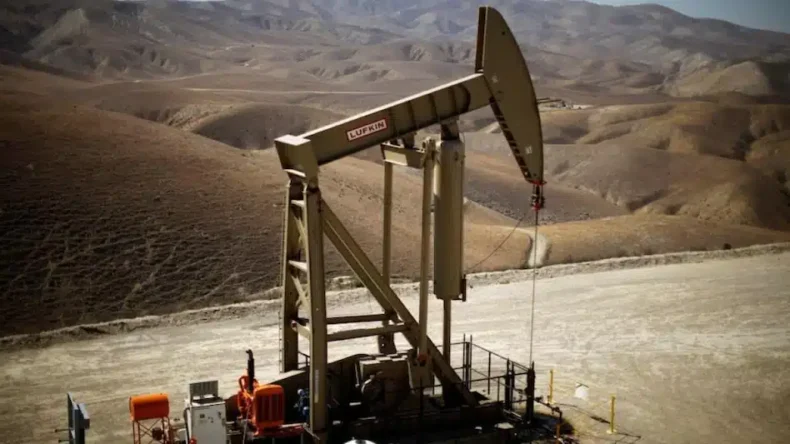OPEC’s surprise oil production cut presents a significant challenge to India’s already struggling economy, as the sudden spike in oil prices threatens to derail the government’s efforts to revive growth and overcome the economic agonies.
The Organization of Petroleum Exporting Countries (OPEC) has been a major player in controlling the oil supply and demand dynamics worldwide. The recent surprise cut in oil production by OPEC has sent ripples across the world, including in India. The country, already grappling with economic challenges, is now faced with the daunting task of dealing with soaring oil prices.
India is heavily reliant on oil imports to meet its energy needs. The country imports over 80% of its crude oil requirements, making it vulnerable to fluctuations in oil prices. The recent move by OPEC to cut oil production has led to a surge in oil prices, which could have a cascading effect on the Indian economy. This comes at a time when the country is already reeling under the impact of the COVID-19 pandemic and the resultant economic slowdown.
The Indian economy has been struggling to recover from the pandemic-induced slowdown. The country’s GDP growth rate for the last financial year was a meagre 4.5%, the lowest in six years. The government has been taking various measures to revive the economy, including a slew of reforms aimed at attracting foreign investment. However, the sudden spike in oil prices could derail the government’s efforts to revive the economy.
The Indian government has been trying to reduce its dependence on oil imports by promoting alternative sources of energy such as renewable energy. The government has also been promoting electric vehicles as a means of reducing oil consumption. However, these measures will take time to yield results, and in the short term, India will continue to rely heavily on oil imports.
The surge in oil prices will have a direct impact on India’s fiscal deficit. The country already has a high fiscal deficit, which stood at 9.5% of GDP in the last financial year. The government had set a target of reducing the fiscal deficit to 6.8% of GDP in the current financial year, but the spike in oil prices could make it difficult to achieve this target. The government may have to resort to cutting spending or increasing taxes to balance the budget, which could further slow down the economy.
The rise in oil prices could also lead to inflation in the country. India has already been grappling with high inflation, which stood at 5.03% in February 2022. The increase in oil prices could push up the prices of other commodities as well, leading to higher inflation. This could hurt the common man, who is already facing the brunt of the economic slowdown.
The Indian government has been taking various measures to cushion the impact of rising oil prices on the economy. The government has reduced the excise duty on petrol and diesel, which has brought down the retail prices of these fuels. The government has also been urging OPEC to increase oil production to bring down prices. However, these measures may not be enough to counter the impact of the surprise cut in oil production by OPEC.
India needs to take a long-term view of its energy security. The country needs to reduce its dependence on oil imports and promote alternative sources of energy. The government needs to accelerate its efforts to promote renewable energy and electric vehicles. The government should also explore the possibility of diversifying its sources of oil imports, which would reduce its vulnerability to fluctuations in oil prices.
The surprise cut in oil production by OPEC has put India’s resolve to fight economic agonies on a greasy field. The surge in oil prices could have a cascading effect on the Indian economy, which is already struggling to recover from the impact of the COVID-19 pandemic. The Indian government needs to take proactive measures to reduce the country’s dependence on oil imports and promote alternative sources.













